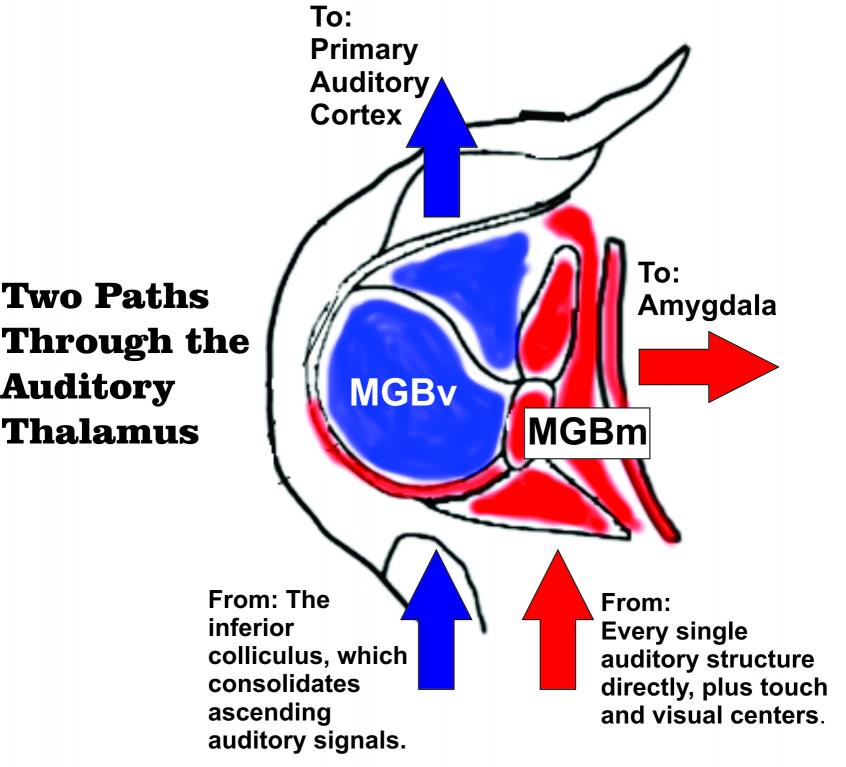 Drawing The Line With Congress
Drawing The Line With CongressIn the ongoing struggle between the Representative of the 21st District of Texas, Lamar Smith,...
 Congress Knows That Science Is Important
Congress Knows That Science Is ImportantOn Wednesday, March 19th, a group of researchers organized by the Society for Neuroscience descended...
 Anything At All Concerning About Brain Mapping?
Anything At All Concerning About Brain Mapping?In President Obama's most recent State of the Union address, he mentioned neuroscience three times...
 The Ears Of Your Fears
The Ears Of Your FearsImagine that you’re a young rat. You’re in the woods, doing rat things among the dead foliage...







